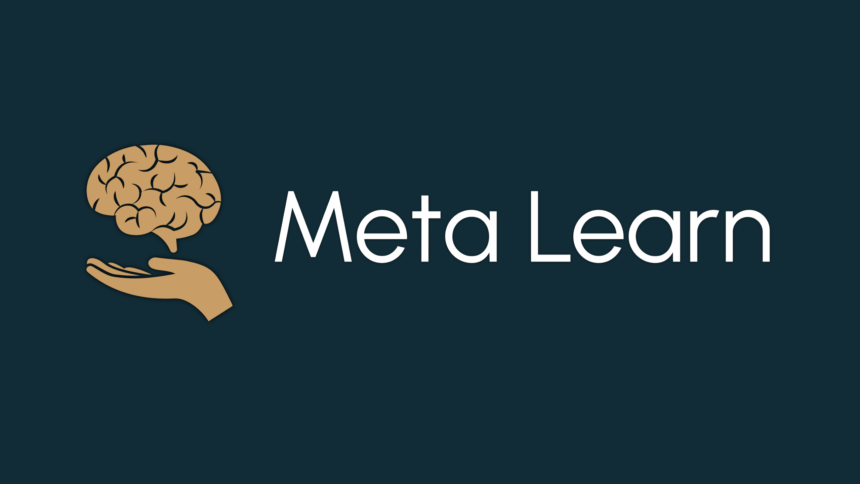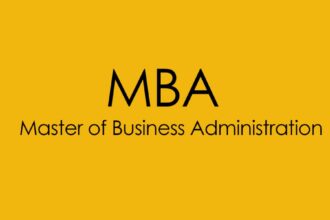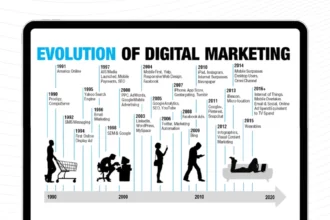Meta Learning
In today’s fast-moving world, picture Tolu, a project manager in Lagos, juggling deadlines while trying to keep up with new software tools her team adopted overnight. She’s smart, driven, but feels stuck – every new skill takes ages to master, and the pace of work isn’t slowing down. Sound familiar? Professionals like Tolu need more than just skills; they need to learn how to learn. That’s where meta-learning comes in – a strategy to master new skills quickly and efficiently. For Nigerian professionals navigating a booming tech scene and global opportunities, meta-learning is the key to staying ahead without burning out.
Meta-learning, or “learning about learning,” is about understanding how you absorb and apply knowledge. It’s not just for students; professionals in fields like tech, marketing, or finance can use it to adapt to constant change. With Nigeria’s digital economy growing – e-commerce alone is set to hit $10 billion by 2026 – staying agile is critical. This guide explores meta-learning strategies tailored for professionals, offering practical steps to boost your learning game.
What is Meta Learning?
Meta-learning is the process of studying your own learning habits to improve how you acquire and retain skills. Think of it as building a mental toolkit for tackling any new challenge, from coding to public speaking. For professionals, it means cutting through the noise of endless online courses and focusing on what works for you. In Nigeria, where 50,000+ people are learning tech skills online, meta-learning helps you stand out in a crowded job market.
It involves three core steps: understanding your learning style, setting clear goals, and refining your process through feedback. By mastering these, you can learn faster, adapt to industry shifts, and boost your career without wasting time.
Why Meta Learning Matters for Professionals
In Nigeria’s fast-evolving economy, professionals face constant pressure to upskill. Tech roles like software engineering and digital marketing are in high demand, with global companies hiring remotely. Post-COVID, 80% of firms now value adaptability over fixed skills. Meta-learning gives you an edge by helping you:
- Save time: Learn new tools or concepts in weeks, not months.
- Stay relevant: Keep up with trends like AI or blockchain without stress.
- Boost confidence: Tackle complex projects by breaking them into manageable chunks.
For instance, a Lagos-based marketer using meta-learning could master SEO in half the time, landing better clients. With youth unemployment over 50%, this efficiency can mean the difference between stagnation and success.
Key Meta Learning Strategies for Professionals
Here’s how to apply meta-learning to your career, with practical steps tailored for busy professionals:
1. Know Your Learning Style
Everyone learns differently. Some grasp concepts through videos, others need hands-on practice. Take a quick online quiz (free on platforms like Coursera) to identify if you’re visual, auditory, or kinesthetic. For example, a Nigerian accountant might prefer spreadsheets to learn data analytics over watching tutorials. Once you know your style, focus on resources that match – save hours by skipping methods that don’t click.
Action: Spend 10 minutes assessing your learning style. Use X threads or LinkedIn groups to find recommended resources for your field.
2. Set Specific, Achievable Goals
Vague goals like “learn coding” lead to overwhelm. Break it down: “Master Python basics for data analysis in 4 weeks.” Use the SMART framework – Specific, Measurable, Achievable, Relevant, Time-bound. A Lagos designer might aim to “learn Adobe XD for UX design by completing one project in 3 weeks.” Clear goals keep you focused and motivated.
Action: Write down one skill you need for your job. Set a SMART goal to learn it in 4-6 weeks.
3. Use Active Learning Techniques
Passive reading or watching won’t cut it. Active learning – like teaching concepts to a colleague or building a small project – cements knowledge. A Nigerian software developer could create a simple app to practice new code, not just read about it. Studies show active learning boosts retention by 70%. X posts often share “learn by doing” challenges, like coding a website in a weekend.
Action: Pick a skill and apply it to a real-world task within a week, like drafting a marketing plan or coding a feature.
4. Reflect and Adjust
Meta-learning thrives on feedback. After each study session, ask: What worked? What slowed me down? A Lagos-based virtual assistant might notice late-night study sessions lead to burnout. Adjust by scheduling morning sessions instead. Keep a journal or use apps like Notion to track progress and tweak your approach.
Action: After your next learning session, write down one thing to improve for next time, like reducing distractions.
5. Leverage Spaced Repetition
Cramming doesn’t work long-term. Spaced repetition – reviewing material at increasing intervals – locks in knowledge. Use apps like Anki to create flashcards for key concepts, like project management terms or coding syntax. A Nigerian freelancer reported doubling their recall of digital marketing terms using this method.
Action: Create 10 flashcards for your chosen skill and review them daily for a week.
Overcoming Common Learning Challenges
Professionals face hurdles like time constraints, information overload, and motivation dips. Meta-learning helps:
- Time scarcity: Study in 25-minute Pomodoro sessions to fit learning into busy days.
- Overwhelm: Curate resources – stick to one course or book, avoiding endless YouTube rabbit holes.
- Motivation: Join Nigeria-based X communities or LinkedIn groups for accountability. One X user shared how group challenges kept them on track to learn graphic design.
Nigeria’s infrastructure, like spotty internet, can disrupt online learning. Use offline resources like downloaded PDFs or Starlink for reliable access, as one rural entrepreneur did.
Related article: How Blockchain is Revolutionizing Content Ownership and Digital Rights for Creators in 2025
Tools and Resources for Meta Learning
Nigeria’s growing digital access makes meta-learning easier. Try these:
- Free courses: Coursera, YouTube, or Google’s Skillshop for tech and marketing skills.
- Communities: X threads on #TechNaija or LinkedIn groups for Nigerian professionals.
- Apps: Notion for planning, Anki for flashcards, Pomodoro timers for focus.
- Hardware: A reliable laptop and internet (Starlink for rural areas).
By 2030, Africa will need millions more digital experts, and Nigeria’s 122 million internet users are well-positioned to lead.
The Future of Meta Learning in Nigeria
As Nigeria’s tech scene grows, meta-learning will be critical for professionals. With global demand for remote workers rising – 80 million digital nomads worldwide in 2025 – Nigerians can compete by learning smarter. Government initiatives, like data portals for diaspora talent, signal support for upskilling. But challenges like power outages need fixing to unlock full potential. One X post called for cheaper data to fuel youth learning – a step that could transform careers.
Conclusion
Meta-learning is a game-changer for Nigerian professionals like Tolu. By understanding how you learn, setting clear goals, and refining your process, you can master skills faster and stay ahead in a competitive world. Whether you’re in Lagos or a rural village, meta-learning turns challenges into opportunities. Start small – pick one strategy, like active learning, and apply it today. Your career will thank you.
Image source: play.google.com






